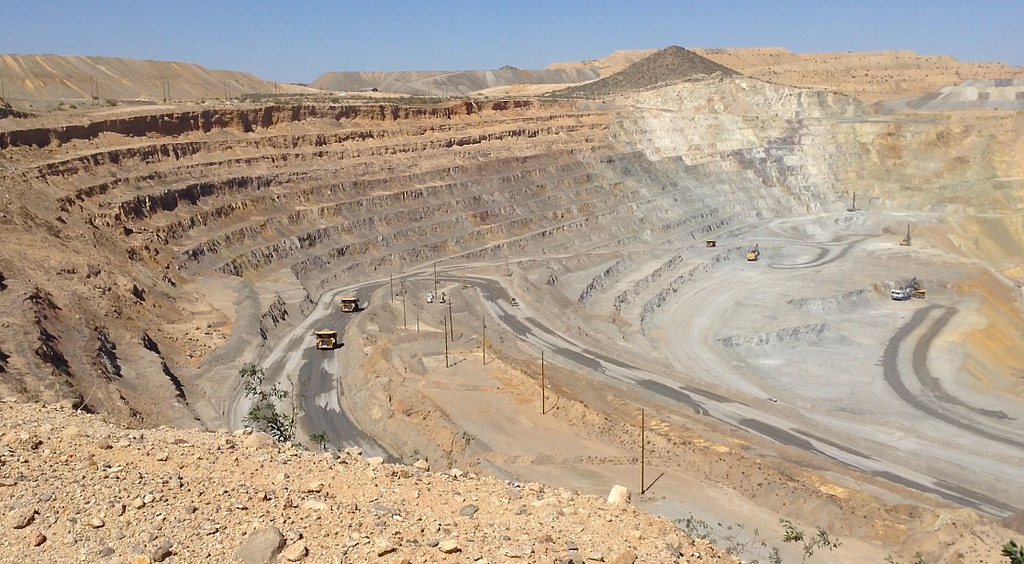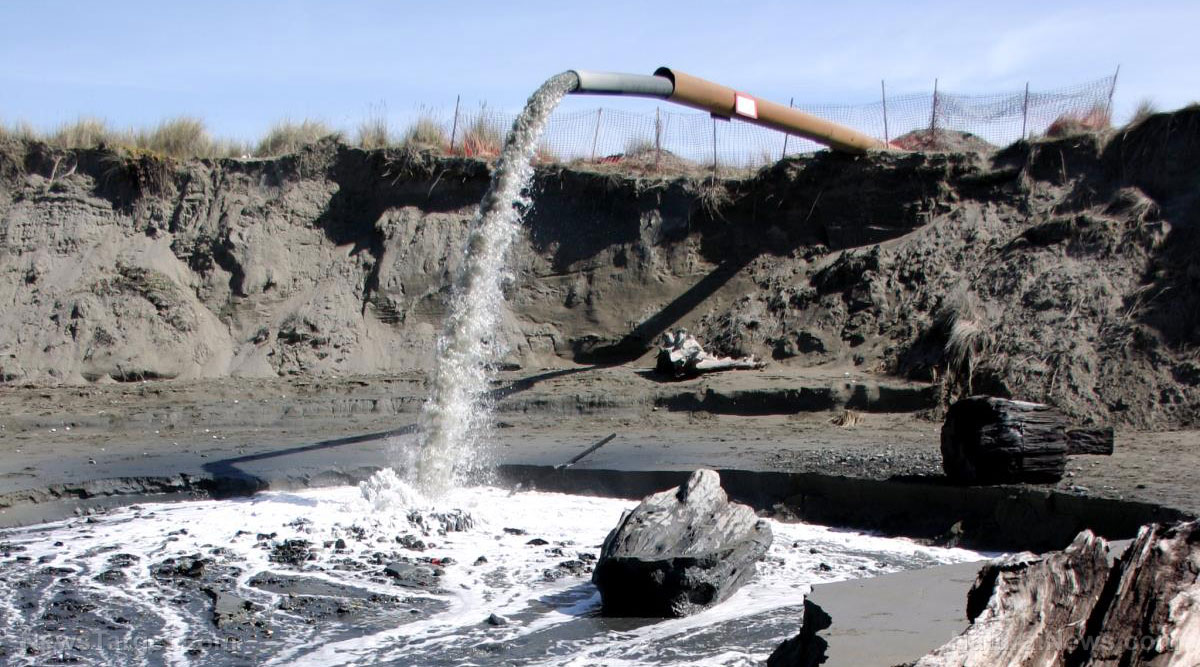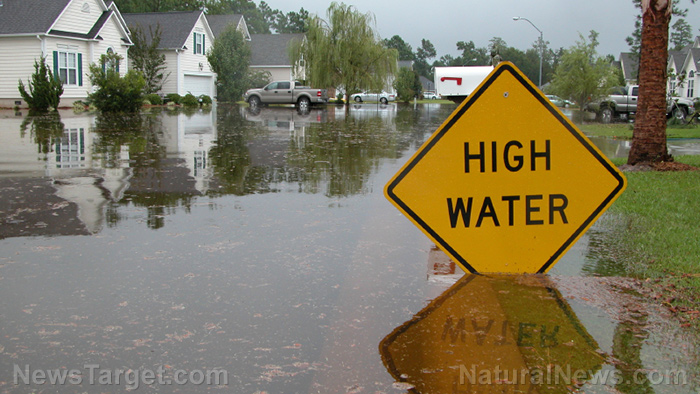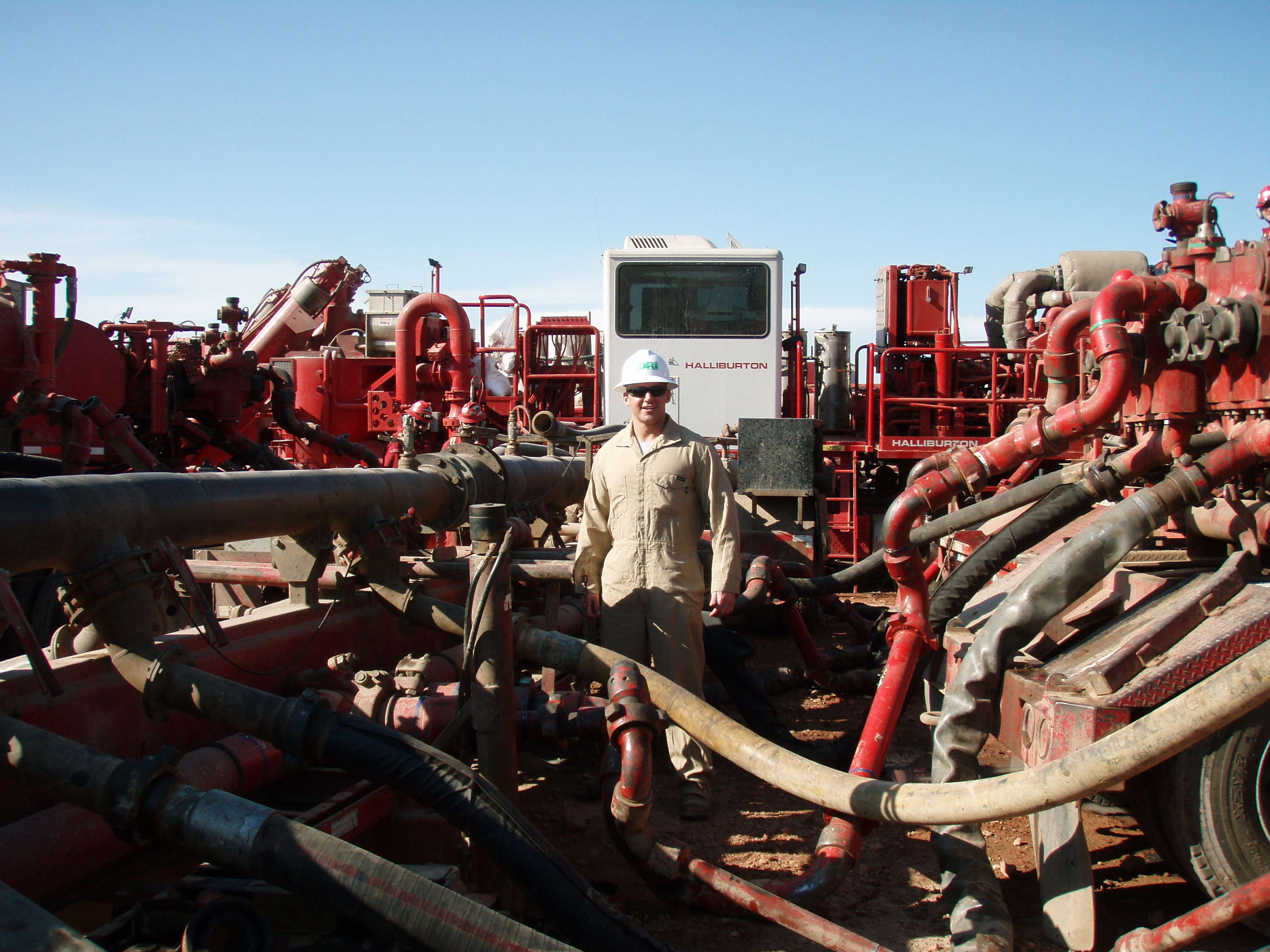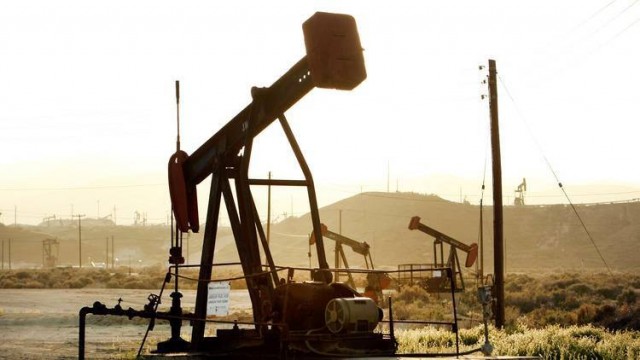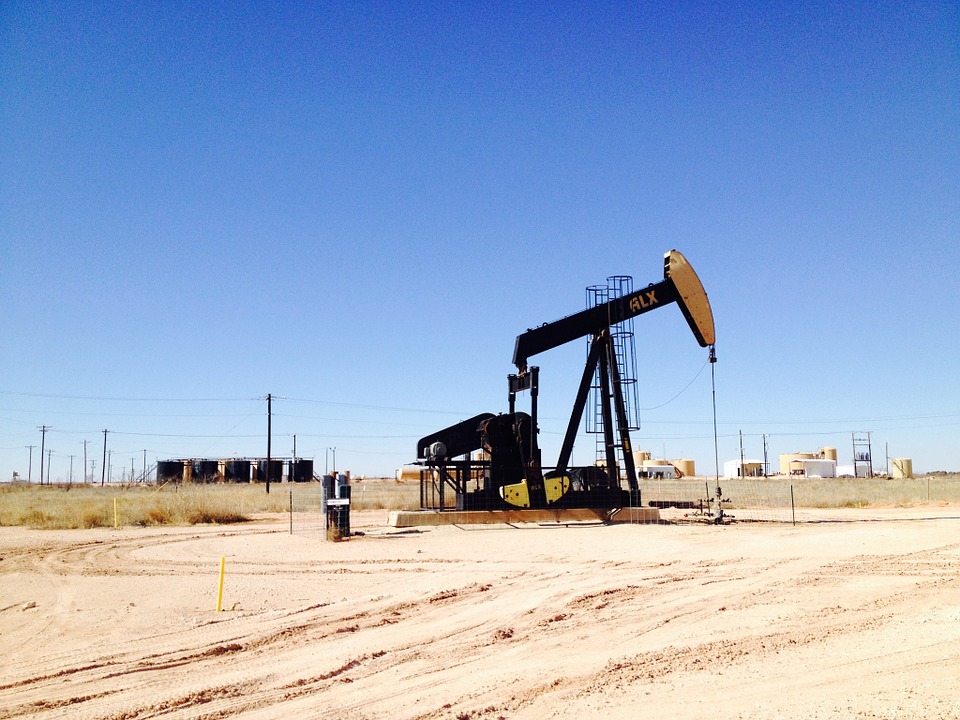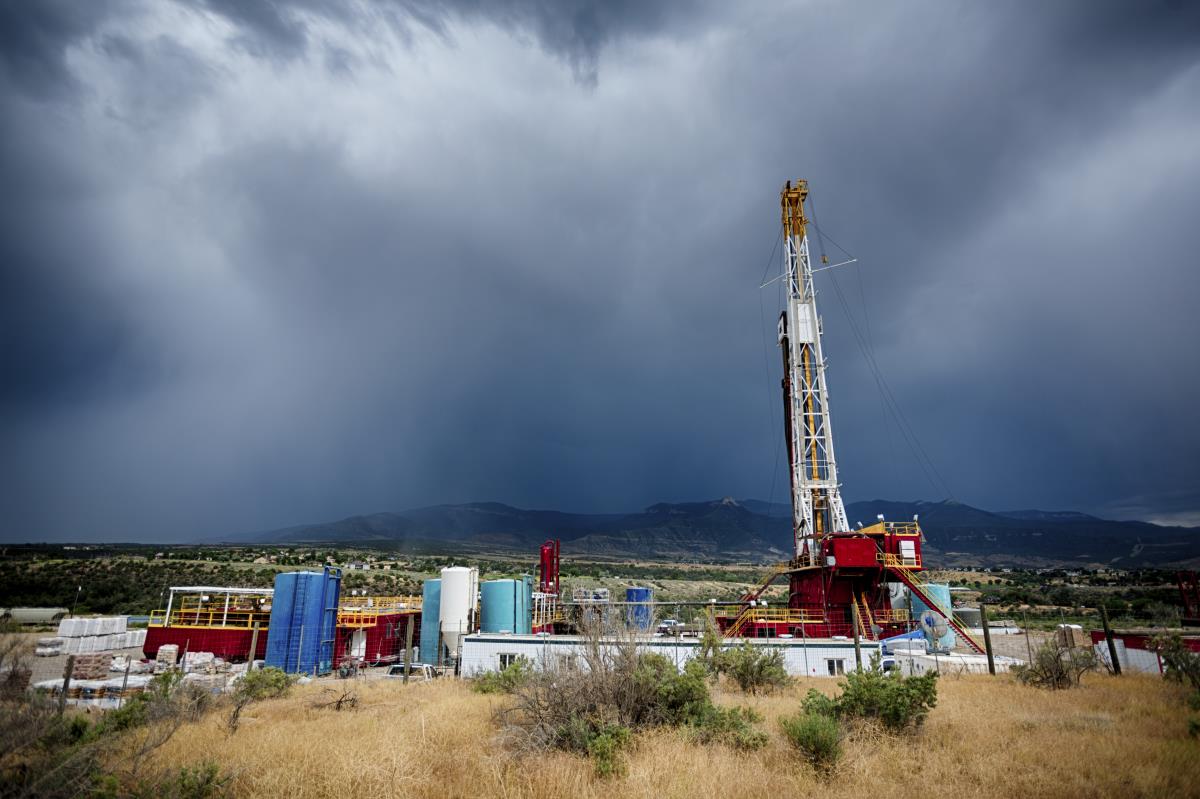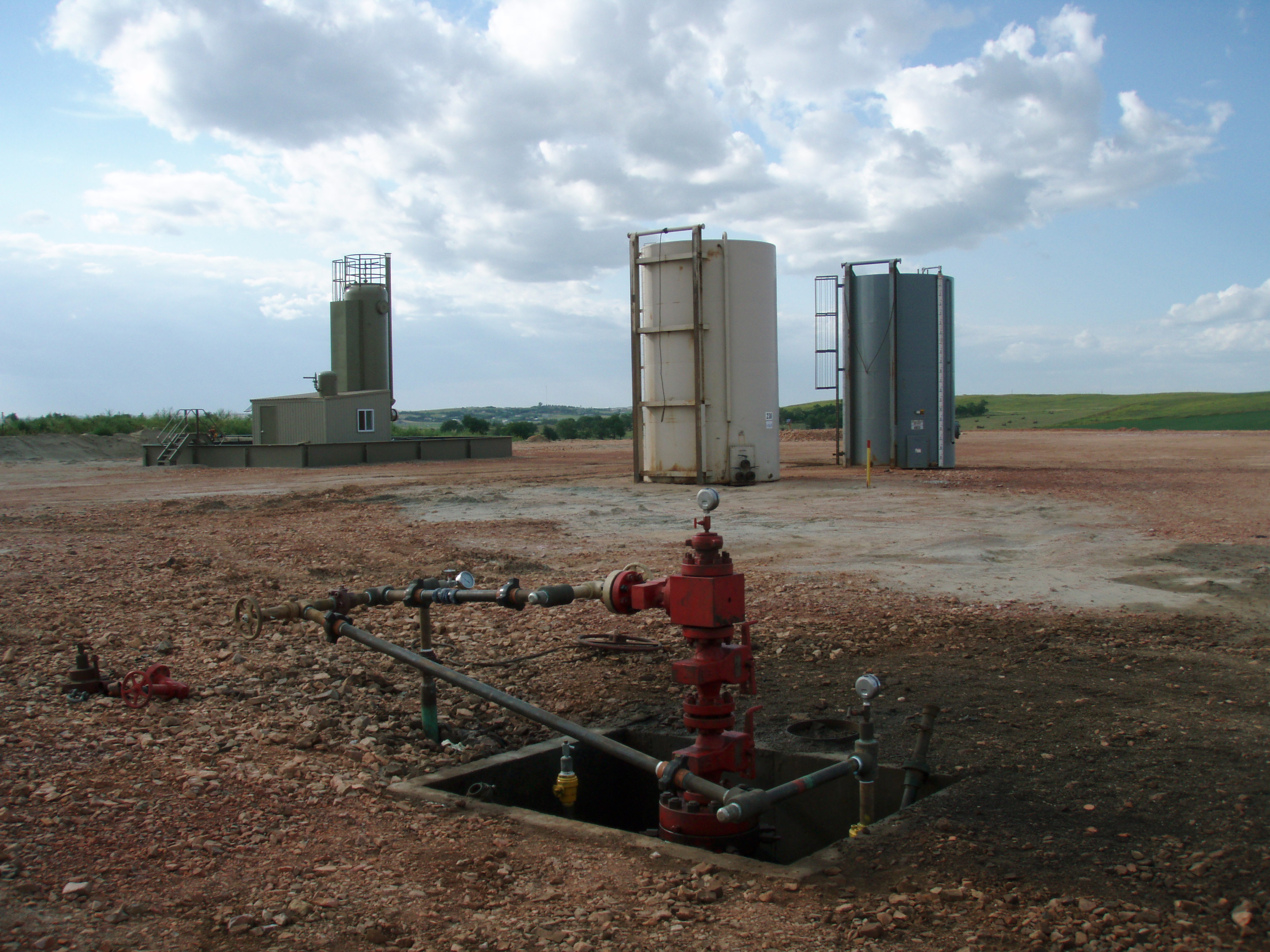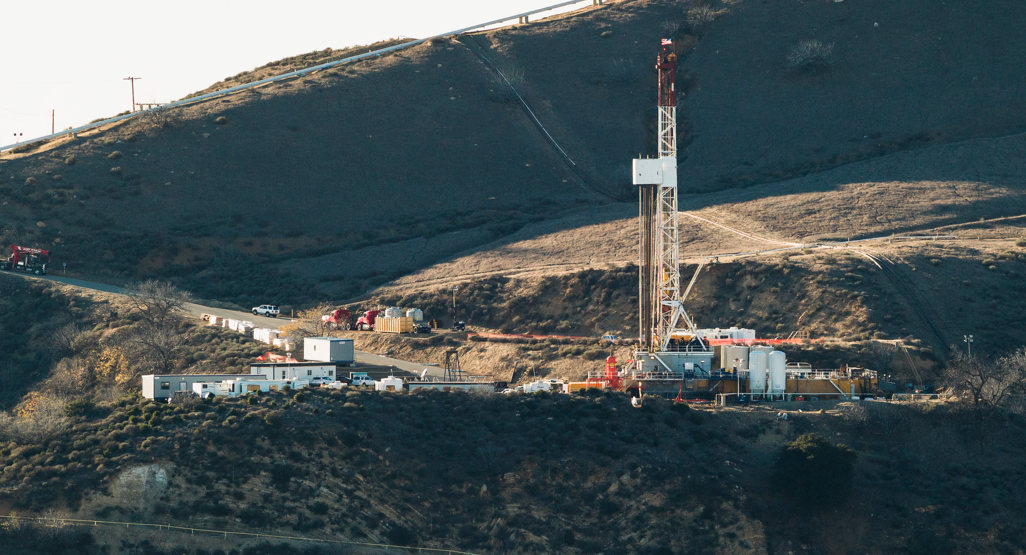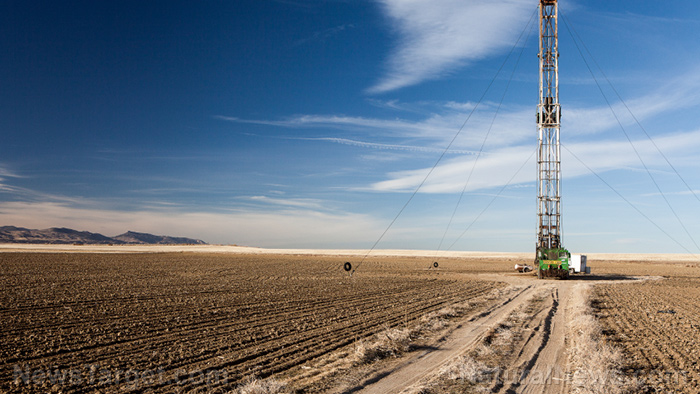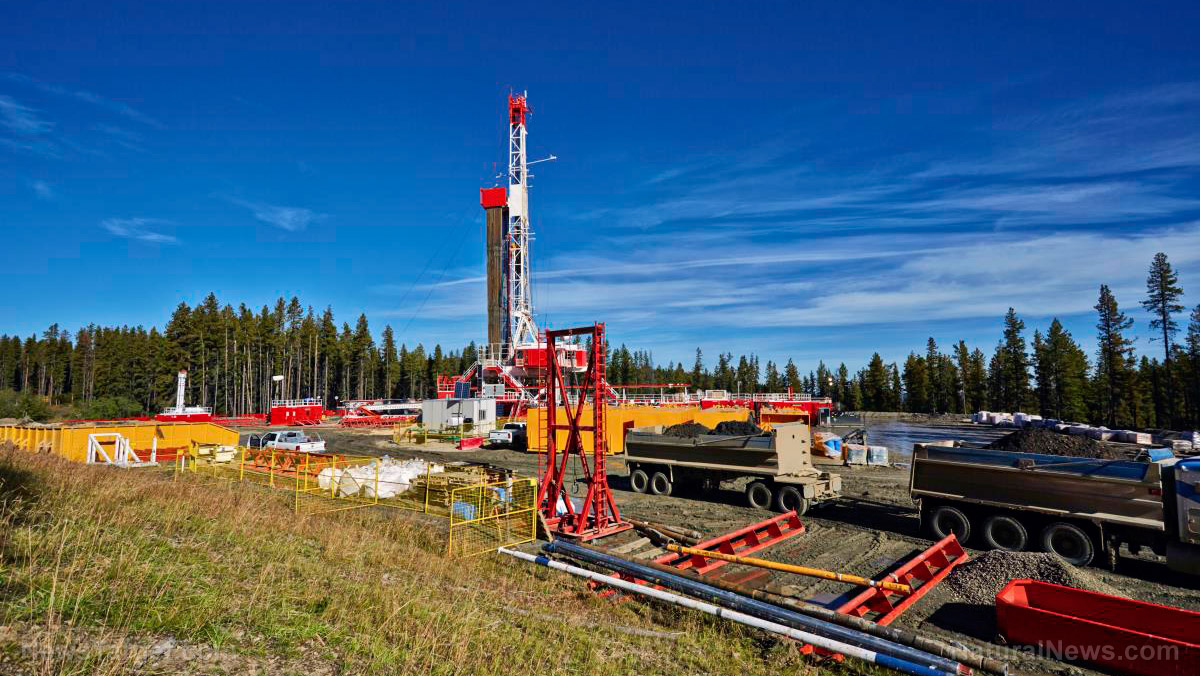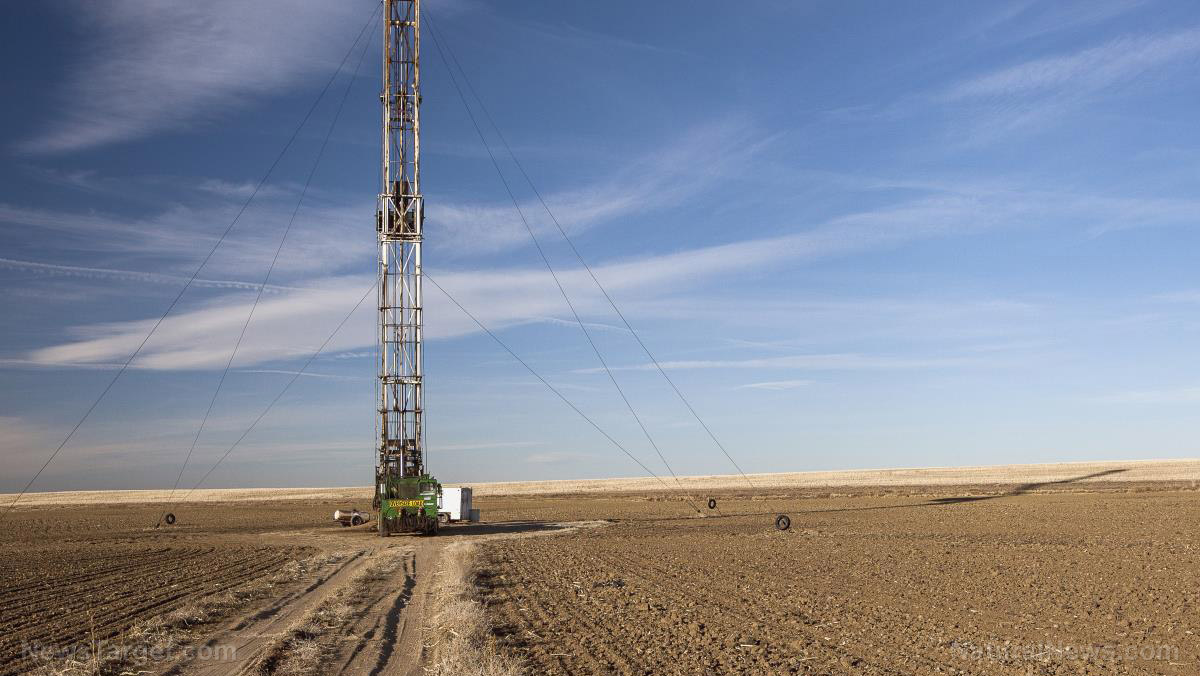World Bank to stop financing oil and gas exploration and extraction in 2019
12/26/2017 / By David Williams
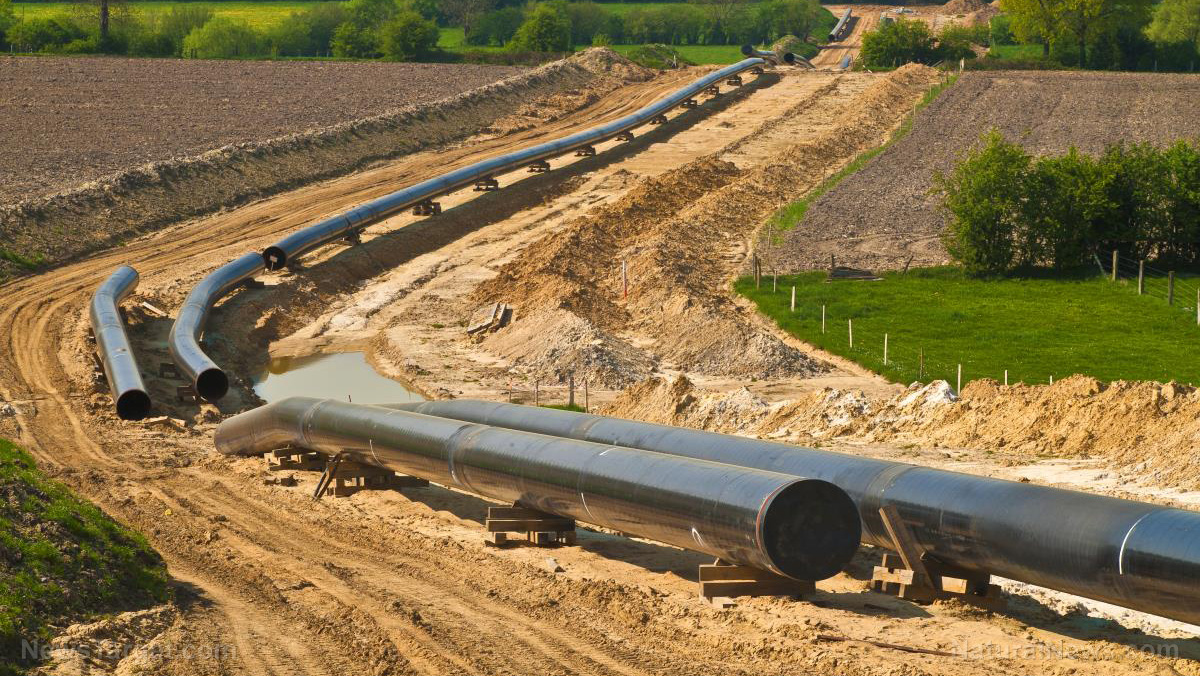
While most know it as one of the scariest and most influential organizations on Earth, the World Bank is a tremendous force for good. At least, it’s actively trying to be, as evidenced by its latest move to announce that it will be cutting the money supply to oil and gas exploration projects beginning in 2019. The announcement was made in Paris at the recently concluded climate summit called by French President Emmanuel Macron, to show the organization’s commitment to the cause of improving Earth’s climate situation.
In a statement released during the climate summit, the World Bank said: “The World Bank Group will no longer finance upstream oil and gas, after 2019.” The organization recognizes the role that the current oil and gas industries play in today’s civilized world, so to not to disrupt things too drastically, they are going at this carefully.
It is said that the move to drop both oil and gas is directly related to the international push for a movement away from fossil fuels, which are believed to be the cause of global warming. And to further boost the ongoing shift away from these popular energy sources, the World Bank sees it fit to start the transition to other energy sources now before switching completely.
Details of the plan
The foundation of the World Bank’s plan to withdraw support for both the oil and gas industries lies in the 2015 Paris Agreement, where world leaders first agreed to fix the worldwide problem of global warming, and make sure that temperatures stay “well below” two degrees Celsius above pre-industrial levels. The agreement also involves efforts to limit the rise of the Earth’s temperature to 1.5 degrees Celsius.
It should be noted that U.S. President Donald Trump famously announced earlier this year that the U.S. would withdraw from the agreement, and this caused a setback for everyone involved in the plan. For now, the World Bank is set on playing its part, which includes its initiative to focus more on alternative energy sources.
Alternative sources
There’s no shortage of alternative energy sources all across the world, but there are some countries and regions where the resources truly are quite limited. It’s for these places that the World Bank saw it fit to declare that there will be certain exceptions to its rule for cutting out funding for oil and gas exploration.
In a statement, the organization said: “In exceptional circumstances, consideration will be given to financing upstream gas in the poorest countries where there is a clear benefit in terms of energy access for the poor and the project fits within the countries’ Paris Agreement commitments.” So as long as a country can stay fulfill its promises as far as the 2015 Paris Agreement is concerned, it can receive exceptional treatment.
Some examples of alternative energy sources that could be tapped in the absence of oil and gas pipelines are offshore wind farms and natural gas power plants. Of course, the actual solutions will vary based on the individual countries and regions themselves. What’s clear for now is that the oil and gas industries will have to adapt in the short term in order to survive, as the World Bank will undoubtedly follow through with its plan. It’s up to world leaders as well as industry leaders to lead the initiative and make good things happen from it.
Read more about natural energy sources at Power.news.
Sources include:
Tagged Under: Energy Industry, finance, fossil fuels, fracking, fuel, gas, natural gas, oil, petroleum, renewable energy, World Bank

